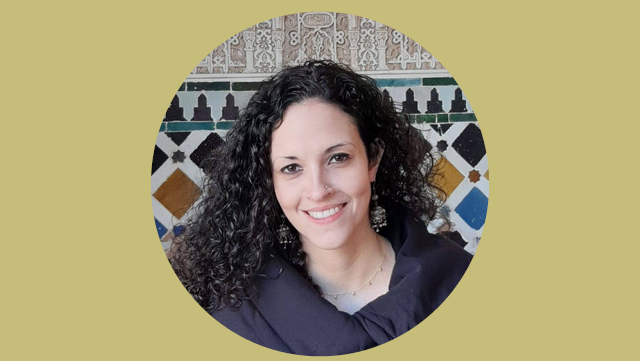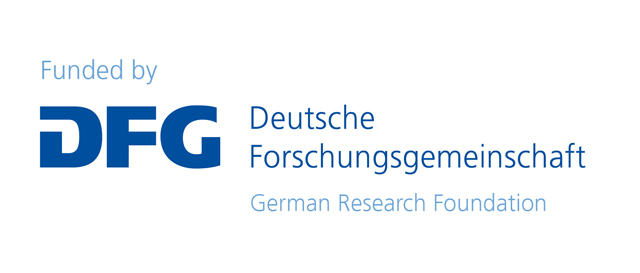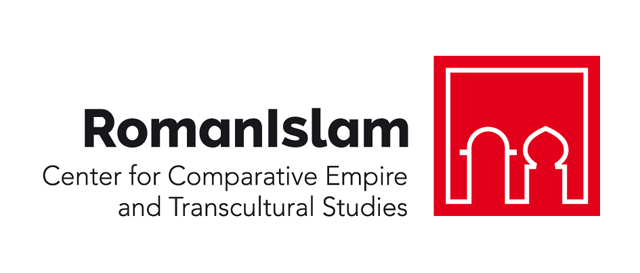Dr. Elsa Cardoso
April 2021 - March 2022

Research Project: Contested Ceremonies in al-Andalus: Religion and Imperial Ritual Between Late Antiquity and Early Islam
Ceremonial and ritual convey not only a protocol language but also the mise en scène of a religious-political idiom. This project aims at addressing the process of permeability, adaptation or rejection of the newly imperial power – with its new religious identity – to previous Late Antiquity rituals and ceremonies in the Iberian Peninsula. Chronologically, I will consider the period after the Islamic conquest of 711, through the period of the governors (711-756) and the Umayyad Emirate (756-912), further contemplating examples of the complex and documented ritual developed under the Umayyad Caliphate (912-1031), thus exploring new approaches on comparative empire, specifically in the Islamication of a pre-existent imperial ritual language.
Did religion shape imperial ritual? Did religion dictate which rituals and ceremonies were approved or rejected or, otherwise, did the religion accommodate existing ritual and symbology? To answer these central questions, and as stated above, the main focus will be the period right after the Islamic conquest of Iberia, that is, the governors’ period and the Umayyad Emirate. Nonetheless, for an accurate time continuum perspective of the bidirectional development of the process of appropriation of these ritual and religious features, I will further consider examples of Umayyad caliphal ritual performance, in order to find a clear development and change of the original Islamic perception towards imperial rituals. While answering the two-way approach and question of this project – if religion shaped ritual or if, otherwise, and at the same time, ceremonial shaped the perception of religion – I will also address ritual, ceremonial and insignia of the Visigoth Kingdom of Toledo, thus focusing directly on the transition between Late Antiquity and Islam. Through the approach to the transcultural assimilation of a ritual idiom of power, which was incorporated within the language performed in the imperial centres, the project aims at addressing the role of the imperial religion, departing from those Islamic centres of power, versus the ritual and ceremonial features present and inherited in the conquered territory, in the specific case of al-Andalus, a language strongly revealing the influence of the Late Roman Empire.
Profile
Dr. Elsa Fernandes Cardoso is a Research Fellow of the RomanIslam – Center for Comparative Empire and Transcultural Studies (Universität Hamburg) in Arabic Studies and History of Islam, developing her research in History of al-Andalus, especially dedicated to the court and ceremonial of the Umayyads of Cordoba, in a comparative perspective with the Umayyads of Damascus, ‘Abbasids and Fatimids, as well as the Byzantine Empire and the Visigoth Kingdom, inherited by the Umayyads in al-Andalus. While Court Studies is an established field for the Modern European chronology, Islamic courts lack a consistent research. In this regard, her Ph.D. thesis (University of Lisbon, 2020), titled The door of the caliph in the Umayyad al-Andalus: from the conceptualization to the articulation of ceremonial (10th-11th centuries), whose publication she is currently working on, considers the conceptualization of the Umayyad Andalusi court, the palace, the caliph and his entourage.
She has published several articles and chapters in journals such as Medieval Encounters and volumes such as Byzantium in Dialogue with the Mediterranean (Brill), promoting comparative perspectives within the Mediterranean framework. Likewise, she has participated in international scientific events, such as the IMC Leeds or the Seminar Les Califats de l’Occident Islamique (Casa de Velázquez, CSIC). Recently, she has coordinated and taught a post-graduate course on history of al-Andalus at the Universität Hamburg and organized the international workshop The Umayyads-From West to East: New Perspectives, at the RomanIslam Center, Universität Hamburg.
CV
Selected Publications
Cardoso, Elsa (2019), “Politics and Diplomacy in 10th Century Mediterranean: Al-Andalus and Byzantium”, in: Daniëlle Slootjes / Mariëtte Verhoeven, ed., Byzantium in Dialogue with the Mediterranean, Leiden: Brill, 91-108.
Cardoso, Elsa (2018), “The Scenography of Power in al-Andalus and the ‘Abbasid and Byzantine Ceremonials: Christian Ambassadorial Receptions in the Court of Cordoba in a Comparative Perspective”, in: Ryan Szpiech, ed., Medieval Encounters. Jewish, Christian and Muslim Culture in Confluence and Dialogue, vol. 24, issue 4, Leiden: Brill, 1-45.
Cardoso, Elsa (2016), “Divulgar a História do al-Andalus na História Medieval Peninsular: conceitos, reflexões e perspectivas”, Revista Roda da Fortuna 2016/1-1, 318-337.
Cardoso, Elsa (2015a), “The poetics of the scenography of power: The Embassy of Yahya al-Ghazāl to Constantinople”, Hamsa 2, 54-64.
Cardoso, Elsa (2015b), “O modelo de realeza visigodo e o modelo emiral omíada”, Incipit 3, 1-15.
Cardoso, Elsa (2014), “Apontamentos sobre a primeira embaixada bizantina em Córdova”, História – Revista da FLUP, IV série, vol. 4, 133-143.
Cardoso, Elsa (2013), “Ziryab en el Muqtabis II. La orientalización de la Córdoba de ‘Abd ar-Rahman II: de los perfumes al funcionalismo de la corte”, Revista Electrónica Historias del Orbis Terrarum 11, 50-65.


